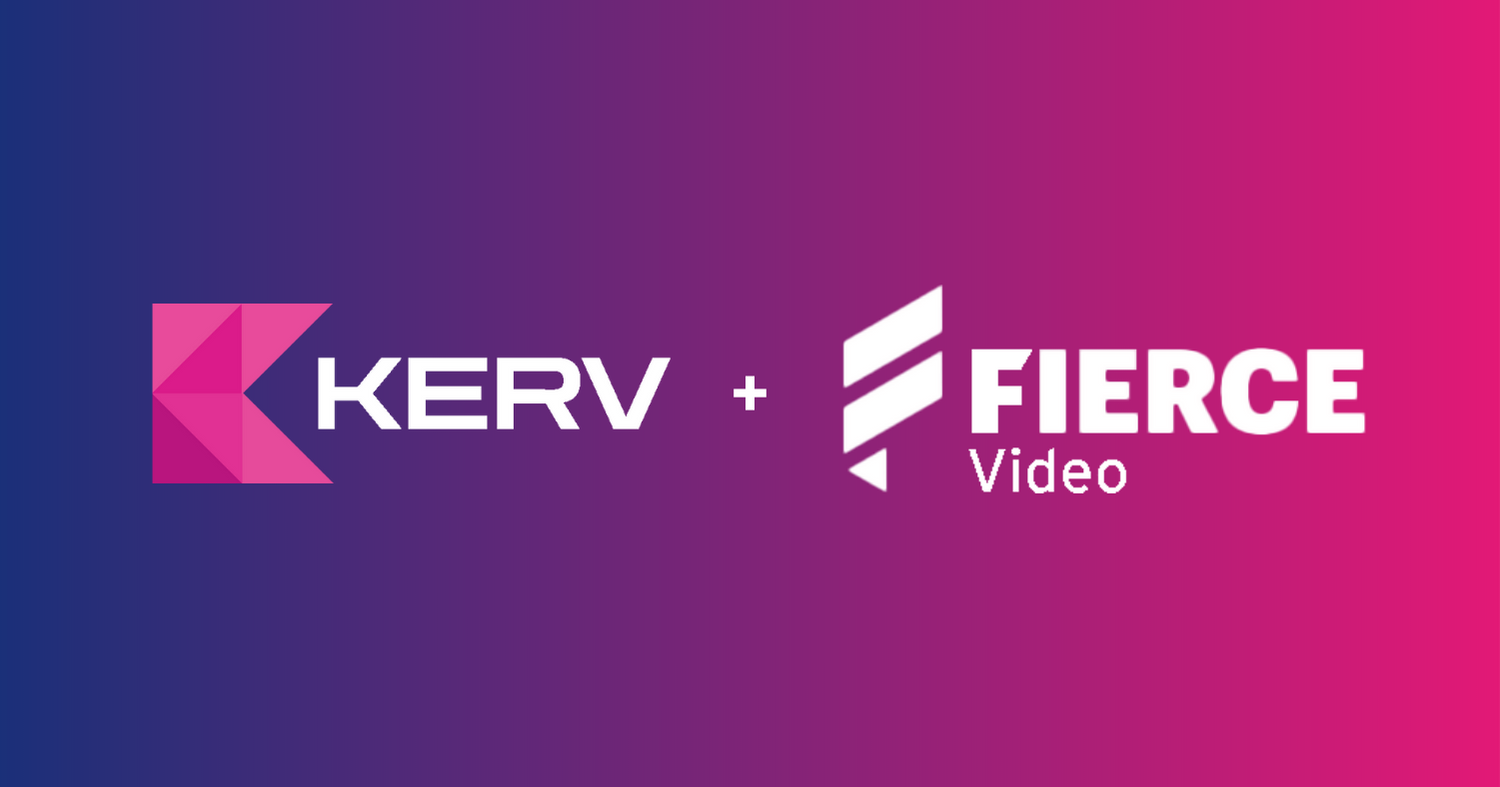In-content advertising company Mirriad and Amagi are teaming up on a technical integration that leverages AI to serve dynamic virtual product placements (VPP) to content owners.
Amagi is integrating Mirriad AI technology, with the new capability made available to “hundreds of content owners” across Amagi’s ecosystem to monetize the new ad format. Tastemade is one of the early content partners utilizing the capability, and the companies cited success activating in the market. Amagi and Mirriad said plans are underway to expand the offering to new channels.
“Tastemade has the unique ability to transform viewers into doers through content that inspires,” said Adam Frischer, U.S. head of Sales & Brand Partnerships at Tastemade, in a statement. “Our brand partners really value Tastemade for providing a destination to reach their prospective consumers while in this ‘doer’ mindset. Mirriad, through its cutting-edge virtual product placement technology, enables our customers to seamlessly get their brands even closer to these moments of inspiration at scale, via an easy-to-activate solution.”
According to the companies, dynamic VPP enables major opportunities for brands to transact and target audiences, while within digital platforms where ad loads are lighter than traditional linear TV. The announcement also called it a step towards truly programmatic in-content advertising.
“With Mirriad, brands can unlock virtual product placements across our global content network for a truly next-generation advertising opportunity,” said Amagi co-founder and chief revenue officer Srinivasan KA, in a statement. “Our partnership provides an incredible opportunity to deliver in-content advertising to the right audience in the right place at the right time and do it at scale.”
Meanwhile, Mark Melvin, EVP and GM at Mirriad Americas, said that research has consistently shown that VPP improves campaign effectiveness and that “adding data driven targeting will further enhance performance.”
“Programmatic Virtual product placement is massive step change in how brands can reach and engage viewers in a way that doesn’t interrupt their viewing experience,” Melvin stated.
Amagi is a vendor that works with major content players with clients that include NBCUniversal, BS-CBN, AccuWeather, beIn Sports, Cinedigm, CuriosityStream, Fox Networks, Fremantle, Fubo, Tastemade, Vizio, Samsung TV Plus, Cox Media Group, among others. Crackle Plus last year tapped Amagi to boost its direct and programmatic ad sales via Ads Plus. Amagi’s been particularly active in the FAST space as well, helping companies to monetize channels and address business challenges , including transparency and ad insertion.
As for virtual product placement, it’s one avenue that Kearney Partner Mike Chapman zeroed in on as an opportunity for streamers to drive growth beyond expanding subscriber bases. In a recent column for Fierce, Chapman, who is the Americas Media Lead in the Communications, Media and Technology practice of Kearney, noted that while product placement is generally considered effective, up until now it’s been difficult to quantify the impact as “simple product awareness or mindshare doesn’t necessarily lead to actual conversion.”
Streaming, however, changes the game, he said.
“By enabling viewers to voluntarily pause content on their terms, streamers can create opportunities for viewers to engage with activities outside the content in a seamless experience, creating commerce opportunities in the process,” wrote Chapman.
Chapman pointed to not only merchandise and affiliate marketing revenues for streaming services, but also their potential to benefit from possibly collecting vast amounts of data on consumers’ purchasing habits and triggers – helping to improve future product placement, guide content decisions and merchandise releases.
Similarly, speaking to Fierce in January, Sharethrough Chief Product Officer Curt Larson pointed out that advances in product placement could provide new opportunities for smart TV OEMs such as Roku to improve existing advertising tactics.
“Traditionally, product placement requires months of advanced planning to include the right product during filming,” Larson said via email. “Recent advancements in video rendering could make the product placement component more scalable.”
NBCUniversal is one media company pursuing its own commerce platform path for streaming, with plans to introduce shoppable TV on Peacock this year starting with Bravo shows “Top Chef” and “Project Runway.” NBCU is tapping KERV Interactive to power advanced shoppable product placement. KERV’s technology uses computer vision to identify items and objects in shows, making them interactive and shoppable via a remote, while serving viewers the same or similar products matched within NBCU’s One Platform Commerce Marketplace. For a deeper dive into NBCU’s shoppable TV and streaming commerce efforts, see what SVP Evan Moore had to say here.
Read the original Fierce Video article here.
